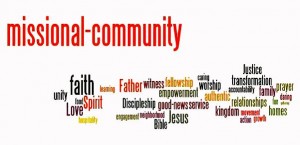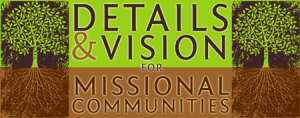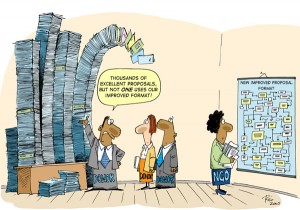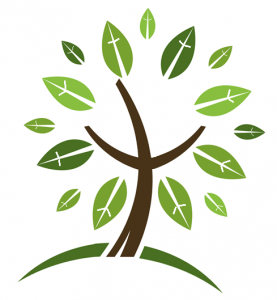learning, leading, and living the missional life

Several times now here on this blog I’ve referenced the Missional Life program, but I have yet to give a direct explanation of what ML is or how I am involved in it. (If you’ve already read my contextual education paper, “Educated and Formed,” you’ll have a pretty good idea. If not, you might want to see pages 2-4 of that document for some more in-depth information about ML than what I’ll give here.)
Missional Life began in the spring of 2011, when five graduate students (myself, Jordan Bunch, Rosten Callarman, Benjamin Covington, and John Kaczmarek) began meeting with Dr. Kent Smith to discern ways forward in forming and training undergraduate students to successfully lead a life on mission with God, regardless of their career interests or future place of residence. In the fall of 2011 we began a pilot year of engagement with around 20 students (as well as with one additional coach, Brent Bailey, who’d joined us in the meantime). We learned a number of things from that year, as we’d hoped, and after some discernment and planning we began our second iteration of ML in the spring of 2013, this time with approximately 30 students and 8-9 new leaders.
My own participation in ML has varied. From the beginning I’ve been part of the overarching planning team, what is now organized (in sociocratic terms) as the General Circle. At times I have served as the administrator for that circle, keeping meeting notes, arranging agendas, and making sure necessary organization and communication happen. In the pilot year, I served as a coach, alongside Benjamin, of a struggling cohort of four students. After that cohort was declared defunct, Benjamin and I shifted our energy and attention to something that fit our skill sets a little more closely: constructing an ACU course that would align with the vision, mission, and aim of ML. The course, Foundations of the Missional Life, will be offered in the fall of 2013. Because Benjamin will be moving away from Abilene upon graduating, I will serve as the principal professor, with Dr. Smith coming alongside me at times as we deem helpful.
Below you will find the artifacts that I have chosen to indicate my involvement in Missional Life. I have included for you the ML Proposal that shows the processes and outcomes of our pilot year, the ML brochure we designed for distribution to students, a link to the syllabus under construction for the Foundations of the Missional Life course, and a link to the Google Drive folder that contains all the important (and some not-so-important) Missional Life documents to date.
I believe these artifacts (or to be more accurate, my involvement in ML) indicate several of the desired outcomes for the MDiv. Most notably, I see through my engagement in ML increased ability to interpret the Christian faith and contemporary cultural contexts (outcome 3abcde), deepened ability to practice theology in those contemporary cultural contexts (outcome 4acd), honed ability to lead and equip the church (outcome 6abcdefg, especially 6f), and greater clarity in ministerial identity (outcome 10abc). (At the risk of overwhelming you with outcomes, I would additionally list 2abc, 8abcde, and 9ab as outcomes demonstrated well through my involvement in ML, though to a lesser degree than those listed above.)
Through my participation in Missional Life, I have learned a great deal about what spiritual formation can look like and can entail. I have been challenged to have broader and deeper vision for the Kingdom. I have gained a better understanding of the balance of being willing to push past my comfort zone at times while also knowing and playing to my own God-given strengths. I have identified more healthy and unhealthy ways to be part of an organization or community. I have discovered more about what my own place in the Kingdom might be, and I’ve been excited to begin living into that vision in the here and now.








